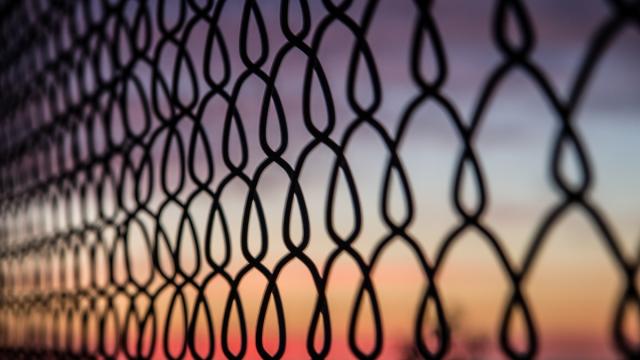A bill giving the Home Affairs minister powers to ban mobile phones, SIM cards and internet-capable devices in immigration detention centres is the subject of harsh criticism by human rights and refugee advocacy groups.
The bill, Migration Amendment (Prohibiting Items in Immigration Detention Facilities) Bill 2020, was introduced back in May and would see the Home Affairs minister, Peter Dutton, given the ability to classify items in immigration detention facilities as ‘prohibited’. This includes mobile phones, SIM cards and other internet-capable devices.
It would also grant detention facility officers, including Border Force officials, new search and seize powers in order to find any of the ‘prohibited’ items without the need of a warrant. At present, only police officers can undertake these kinds of searches. If passed, the new rules would affect the daily lives of the estimated 1,400 people in detention facilities around the country.
“Evidence indicates that detainees are using mobile phones and other internet-capable devices to organise criminal activities inside and outside immigration detention facilities, to coordinate and assist escape efforts, as a commodity of exchange, to aid the movement of contraband, and to convey threats to other detainees and staff,” the bill’s explanatory memorandum reads.
“[If the bill were to pass] detainees will continue to have reasonable access to landline telephones, facsimile, the internet, postal services and visits in order to maintain contact with their support networks and legal representatives. Family, friends, legal representatives and advocates can also contact detainees directly via the immigration detention facility.”
Advocacy groups say banning phones strips human rights
The amendment bill has since been referred to a senate standing committee, which has accepted 37 public submissions. Many of these strongly condemn the proposed laws.
In a submission to the committee, the Australian Human Rights Commission lashed out against the proposal, stating it would limit human rights within detention centres.
“For many people in immigration detention, mobile phones are a lifeline. They have been particularly vital during the COVID-19 pandemic when asylum seekers and others in immigration detention have not been able to receive outside visitors,” Edward Santow, the Human Rights Commissioner, said in a submission to the committee.
“The Home Affairs Minister has indicated that the Government does not intend to introduce a blanket ban on mobile phones, but this bill would enable that power. We believe the bill should be amended to remove the power to impose a blanket ban on ‘prohibited items’ such as mobile phones.”
It recommends the bill be amended so that officers need reasonable suspicion to seize illegal items — but not the minister’s ‘prohibited’ ones — and that strip searches are only used as a last resort.
Preventing people in detention centres from accessing their personal phones means taking away valuable support networks for those who might have been placed there for years. It also means stories like that of Behrouz Boochani, a journalist and former Manus Island detainee who reported on misconduct by authorities while there, would be harder to come by.
Given Australia has a number of secrecy laws making it a jailable offence for anyone who discloses sensitive government information, the passing of the bill would work to further silence those stories.
[related_content first=”1214025″]
